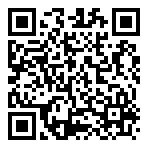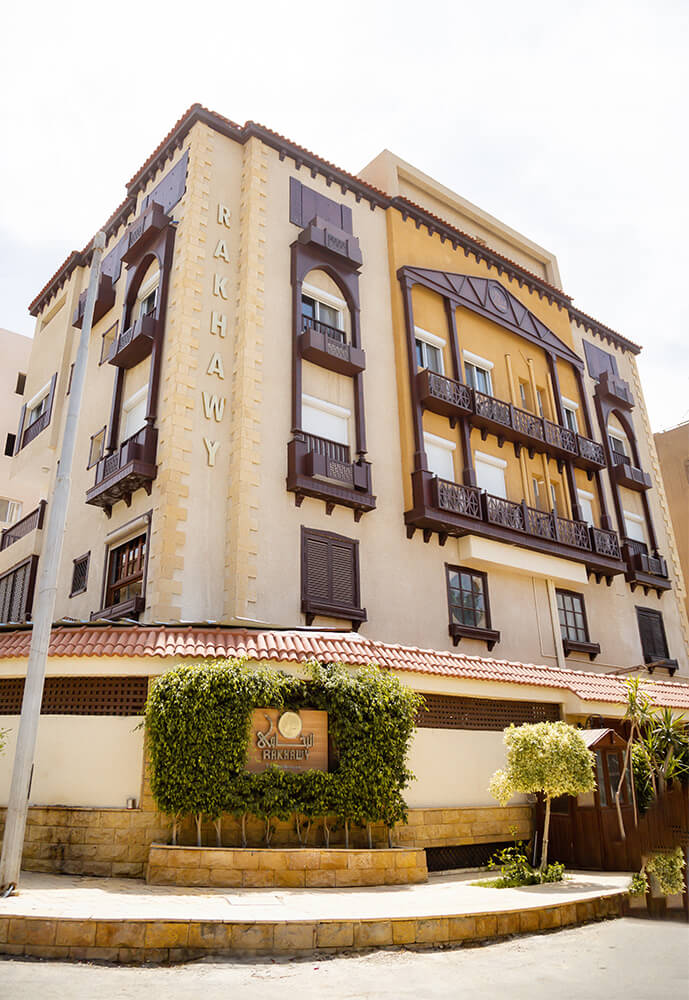
Sociodrama for Arab-Speaking Countries (SASC)
About Sociodrama
“Human growth and functioning are powerfully influenced by diverse social influences.”
Based on psychosocial sciences, sociodrama addresses social and group issues using action methods introduced by J L Moreno (1889-1974).
The sociodramatist applies principles of sociometry, role theory, systems and organisational theory, and psychodramatic techniques, to assist individuals in an effective group and inter-group functioning.
Sociodrama is an approach where group interactions are brought in a configuration that identifies the group’s social, cultural and organisational theme/concerns. Together with the group, the sociodramatist formulates a sociodramatic question, develops a dramatic portrayal of the social system, and makes an analysis. Throughout this process, group members acquire new perspectives and approaches that lead to revisiting group norms in a creative unfolding and constructive social transformation. Sociodrama enables the group to:
- Help individuals, groups and organisations to achieve healthy development.
- Explore the unique past, present and future socio-cultural influences that impact our lives.
- Unravel the social and cultural makeup of groups through action.
- Study the relationship between the individual and the group, between groups and cultures worldwide.
- Inspire to explore visions for a better future.
The Program
The Sociodrama Assistant level:
Certification is one year duration with 180 hours of 45 minutes training.
The Advanced level:
2 years of professional experience in sociodrama under Supervision with 260 hours of 45 minutes training.
SOCIODRAMA ASSISTANT LEVEL (2023 – 2024)
This level of the training consists of three elements:
- Foundation of group work and psychodrama techniques
- Sociodrama self-experience.
- Sociodrama processes and process analyses according to sociodramatic theory.
- Training within the training group.
- Assisting in a group with a Sociodramatist.
Training requirement
- Bachelor’s degree holder or equivalent professional education.
- Attend an individual interview.
- The candidate should be physically, emotionally, and intellectually able to fulfill the requirements for training and practice.
The candidate should be willing to work on the following:
- Develop deep communication skills.
- Enjoy the joy of roleplaying & acting.
- Reflect on personal & social experiences.
- Build empathy, love and creative skills towards oneself & the surrounding community.
- Develop social & problem-solving skills within a creative environment.
Objectives
- Articulate the competencies for Encounter, Togetherness, and Responsibility.
- Become acquainted with the principles and fundamental theories essential for developing a sociodrama leadership approach (relevant social theories, theories of community research, group theories, basics of sociodrama theory, and ethics).
- Apply the cultural atom technique, learn to stage the problem map, elucidate the issue’s background, and identify the themes of the group.
- Explore specificities of sociodrama among the Moreno methods (psychodrama, sociometry, role training)
- Identify the emergence and significance of the dimensions of sociodrama in the process (group – organisational – social).
- Develop the search for themes and the sociodramatic question in the sociodrama approach and the sociodramatic techniques in developing, responding, and integrating the group question.
- Conduct simple sociometric exercises.
- Learn tools to perceive and interpret group dynamics.
- Understand the importance of reflection.
Timeframe
180 Hours, including:
- 40-hours foundation of group work and psychodrama techniques.
- 30 hours of Sociodrama self-experience.
- 30 hours of Sociodrama processes and process analyses according to sociodramatic theory.
- 60 hours of Training within the training group.
- 20 hours of Assisting in a group with a Sociodramatist.

By the end of the sociodrama assistant level program:
Student will know and understand the five basic elements of psychodrama: protagonist, auxiliary ego, audience, stage, conductor, as well as the four phases of the psychodramatic session – warm-up, action and sharing, narrative observation. The trainees get acquainted with psychodrama and its basic techniques through personal experience in the group. In this way, they acquire theoretical and practical knowledge and understanding of the method. They are supplemented by studying literature and teaching theory.
- Students will be certified as psychodrama assistants after completing level 1, evaluating their participation in the training, and fulfilling the requirements of the Institute for certification.
- Psychodrama-assistant has the right to: Use psychodrama methods and techniques in his or her own field of professional competence in individual sessions (monodrama) under the supervision of a certified psychodrama director. Also, they can use the psychodrama method in their own field of professional competence in group sessions under the direction of a certified senior psychodrama conductor. Also, they will be able to do psychodrama vignettes; small interpersonal and intrapersonal dramas.
Advanced/Leader Level
Objectives:
- Articulate the competencies for Encounter, Togetherness, and Responsibility from the leader’s position.
- Develop the knowledge, skills, and competencies to translate knowledge of an institution or other social community into sociodrama.
- Apply the sociodrama-specific techniques learned in the psychodrama assistants’ group to the sociodrama in a situationally appropriate way (interviewing the actors in the role, doubling to assist the process, etc.).
- Be equipped with the tools to see a social phenomenon systematically.
- Investigate how to prepare, plan and conduct a complete sociodrama process.
- Conduct the different levels of sociodrama (personal, group, institutional, social, meta) and lead a group safely between these levels.
- Understand and be able to keep the group within the contract framework (psychodrama, sociodrama, socio-psychodrama).
Timeframe
- 260 Hours, including:
- 40 hours of Sociodrama theory.
- 80 hours of Practicing directing in the training group.
- 80 hours of Sociodrama fieldwork.
- 20 hours of Leading a sociodrama group under supervision.
- 20 hours of Tutorial.
- 20 hours of Group Supervision.
Renewal of Certification
The certificate needs to be renewed every three years when fulfilling a 30 hours sociodrama group experience under supervision.
Download Brochure

